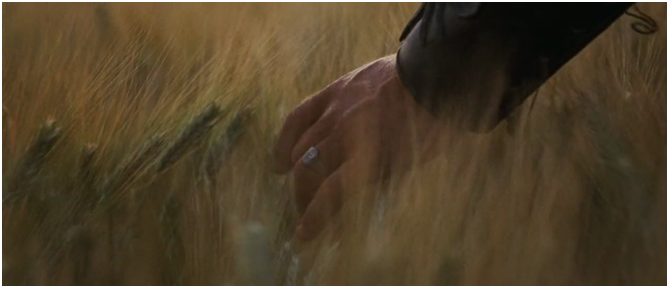
Screenwriting geeks debate whether it’s acceptable to use the first-person plural to simulate the audience’s perspective: “And suddenly we see…”; “We finally recognize him…” I’m generally in favor of this technique, provided the author doesn’t overindulge (here John August synthetically tackles the issue).
Sooner or later, while developing their story, screenwriters inevitably have to think in a “we” mode. They must see their creation through the audience’s eyes, to make sure that they’ve written “visually,” that their storytelling is cinematic.
Now, to think in a “we” mode is in good measure to think like an editor. Or, to see it from another perspective, editing is a form of writing. In fact, great editors are great storytellers (just think of the contribution Pietro Scalia gave to Gladiator by adding the opening shot of Maximus in the wheat field, a scene absent in the script).
It is what is argued in this post by Ken Miyamato. Have a look at it. It’s stimulating.
Then, if you feel intrigued by the topic and are looking for more examples, I’ve got just the thing: this interview with Julian Clarke, editor of Deadpool. Concrete and detailed in showing how much the story of the sui generis superhero owes to the editing process.
You’ll end up saying: “Yes. Definetely. Editing is a form of writing”.

Be First to Comment